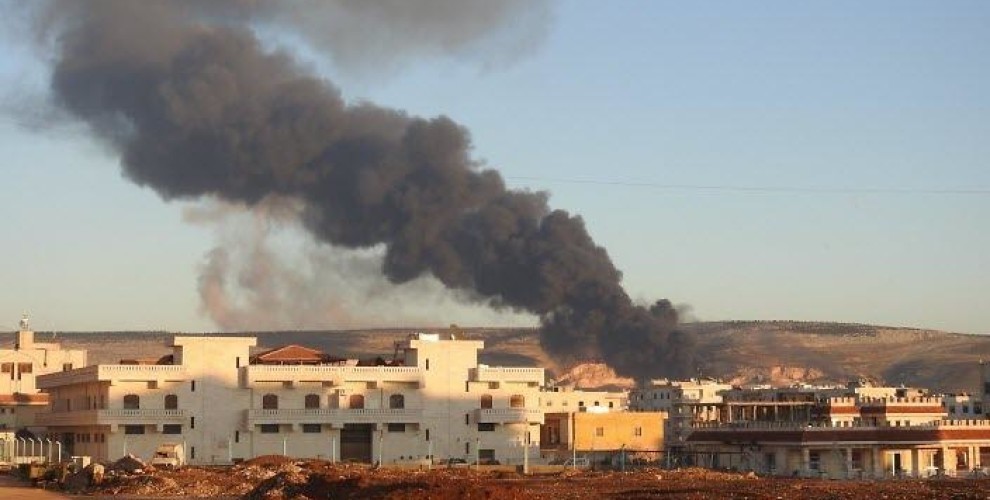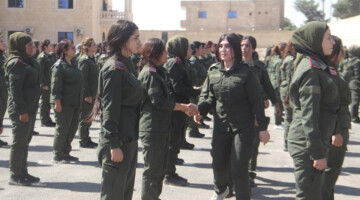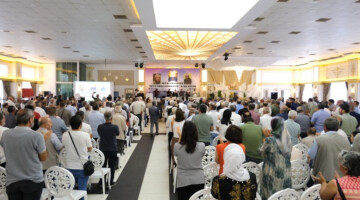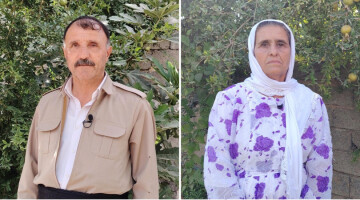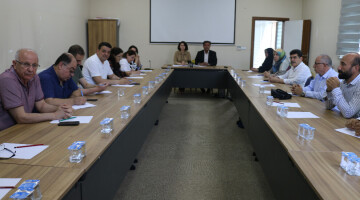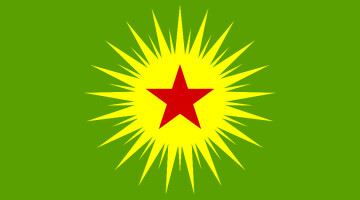Political and Social Research Center (Siyasal ve Sosyal Araştırmalar Merkezi - SAMER) ran a poll in Diyarbakır on the operation Turkey launched against Afrin along with the forces under their control, and the results go against the perception the government wants to create through the media that “Kurds support the operation” and that “the operation is not against Kurds”.
83.2% DON’T SUPPORT THE OPERATION
The local poll was ran on January 25 and 26 in various districts, neighborhoods and streets in the city and the results show the sentiment created by the Afrin attacks. The poll was run with 203 people and the participants were asked, “Do you support Turkey’s Afrin/Efrîn operation?” and “Why do you think Turkey has launched a military operation against Afrin/Efrîn?”
83.2% of participants said “no” when asked, “Do you support Turkey’s Afrin/Efrîn operation?” Only 6.9% said they supported the operation.
43.8% of participants said “I don’t support the operation”, 39.4% said “I absolutely don’t support the operation”, 9.9% declined to answer, 5.9 said “I support the operation” and 1% said “I absolutely support the operation”.
“TURKEY AGAINST KURDS”
The field study also asked, “Why do you think Turkey has launched a military operation against Afrin/Efrîn?” and the answer “The operation is against the Kurds” is in the majority.
The question was open ended and 16.3% of participants refused to answer, while the rest of the answers were as follows:
“The operation targets the gains of the Kurds/Canton administrations”: 62.1%
“The operation targets Kurds”: 57.6%
“The operation wants to change the ethnic demographic makeup (the Kurdish population)”: 17.7%
“The operation is done to have a say in Syria”: 14.3%
“Tricked by foreign powers”: 8.4%
“Security of the borders/country”: 5.9%
“Against terrorism”: 1.5%
“For national unity”: 1%
SAMER COORDINATOR: “POLL SHOWS THE TENDENCIES IN THE REGION”
SAMER Coordinator Yüksel Genç said Diyarbakır is a herald and a sign for the political tendencies in the region and stated that when looking at the data through this context, it shows that a majority of Kurds don’t approve of the operation and they believe the operation targets their existence and their gains.
Genç said the following on the field observations they made throughout the study: “People don’t approve of the operation against Afrin, but they don’t feel safe enough to voice their dissent. A wide group think Russia is responsible for what happened, but they don’t see the US or other Western countries as trustworthy either. A significant portion believes there are parallels between the Afrin operation and the practices during the curfews.”
“UNITY CONNECTION EMERGED”
SAMER Coordinator Genç stressed that the attack against Afrin has “allowed the unity connection among Kurds with different political tendencies which has evaded them for a long time”.

